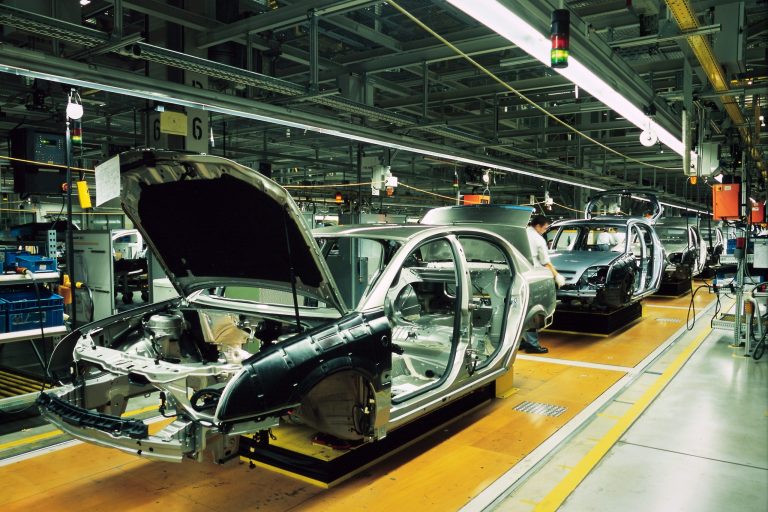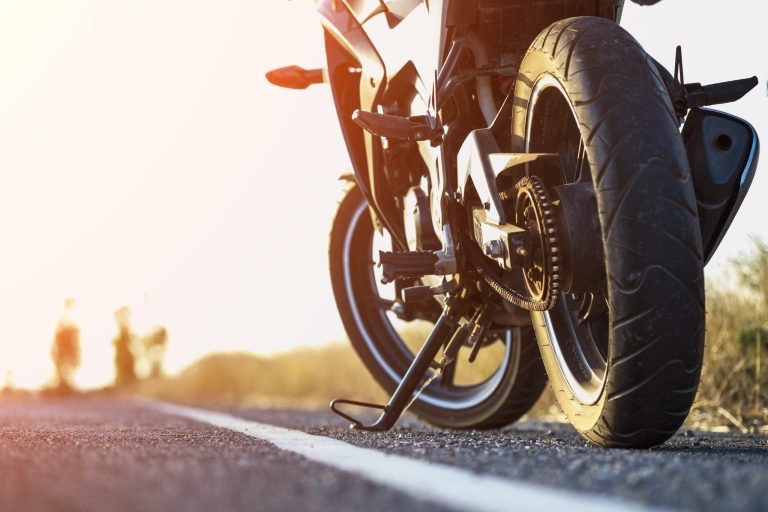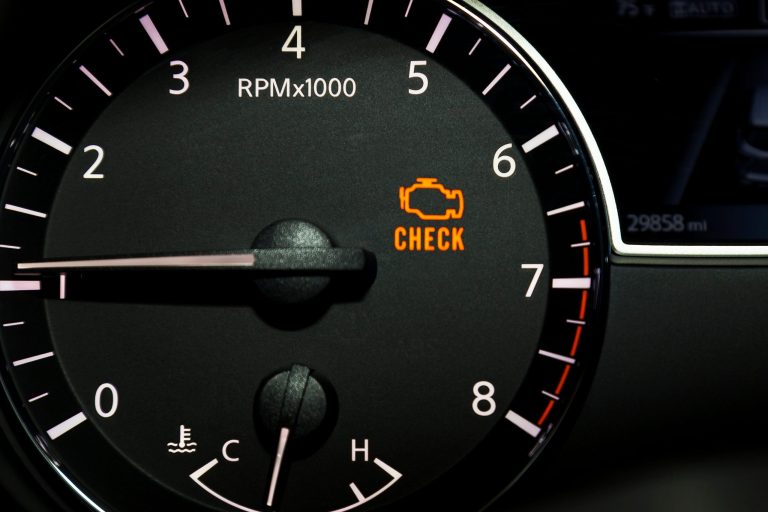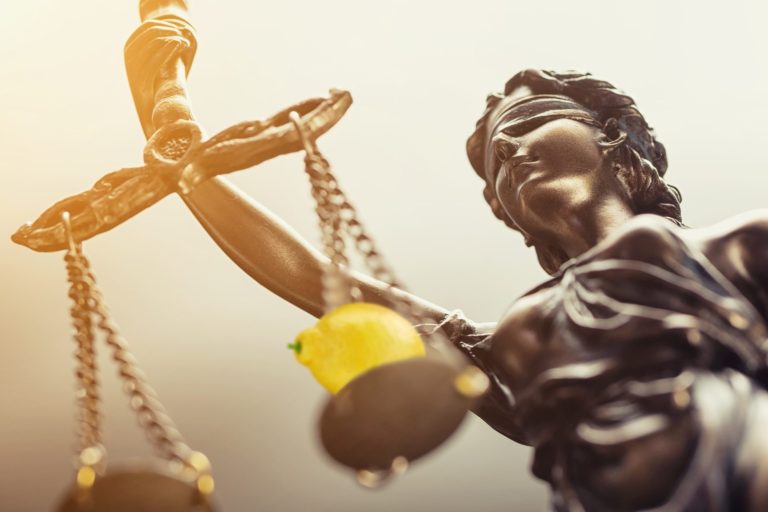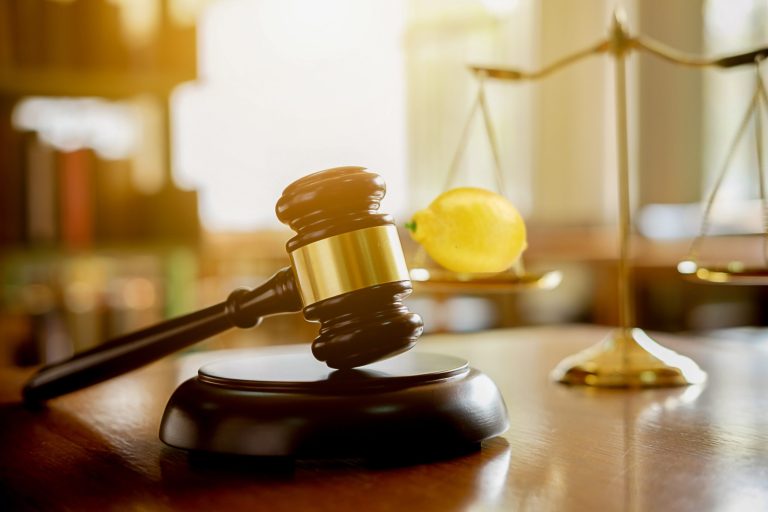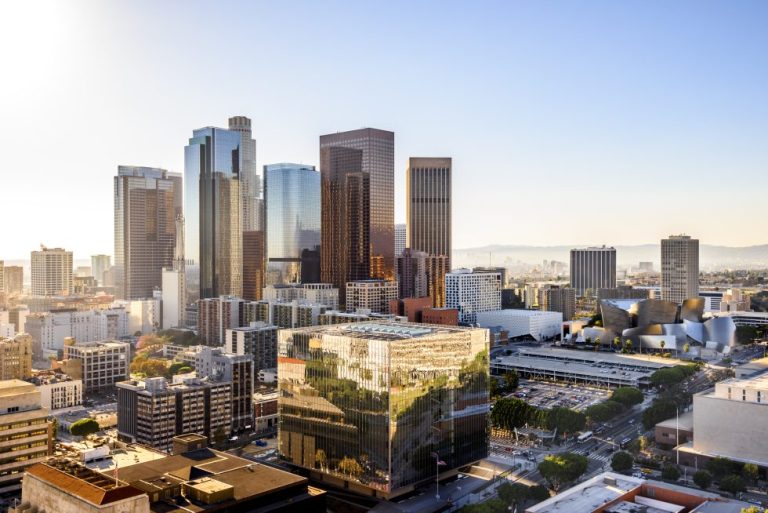HARLEY DAVIDSON
Harley Davidson Lemon Law

Defending Your Rights Against Faulty Harley Davidson Motorcycles
Do you own a Harley Davidson motorcycle that has been causing you ongoing issues and defects? Don’t let a troublesome motorcycle dampen your love for riding! Let us assist you in understanding your rights under the Harley Davidson Lemon Law, the steps to take, and the available avenues to address the problems of a malfunctioning motorcycle.
Understanding the Harley Davidson Lemon Law
The Harley Davidson Lemon Law safeguards the interests of buyers and lessees of new motorcycles that consistently experience problems compromising their safety, value, or functionality. If your Harley Davidson motorcycle meets the specified criteria, you may be eligible for a manufacturer-funded replacement, refund, or repair.
Common Harley Davidson Issues
Faulty Cam Chain Tensioner System: A common issue in numerous Harley Davidson models from the 90s and 2000s involves the cam chain tensioner system, particularly the plastic “shoes” meant to reduce cam noise. These plastic components wear out, leading to metal-to-metal contact, friction, and overheating.
Oil Pump Failure: Harley-Davidson oil pumps have a history of failures, especially in models affected by the cam chain system issue where loose plastic fragments could clog the oil filter. Some models with the M8 engine were recalled due to oil sumping.
Roller Bearing Failure: Many Harley Davidson motorcycles with twin cams from the late 90s and early 2000s experienced roller bearing problems, primarily related to low-quality cam support plates. A recall was initiated to replace affected units’ roller bearings and cam support plates.
Brake System Failures: Over 250,000 Harley-Davidson motorcycles manufactured from 2008 to 2011 were recalled due to sudden brake failures caused by gel deposits in the brake fluid that affected various brake system components.
Fuel System Problems: Harley-Davidson motorcycles can encounter fuel system issues, including faulty fuel injectors, defective fuel pressure gauges, and vapor locks. Some models also had fuel filters with susceptible shells that could crack.
Light Bulbs Burn Out Frequently: Harley-Davidson motorcycles may experience frequent bulb burnouts, often due to improper factory installation or electrical issues.
Brake Light Switch: More than 250,750 Harley Davidson motorcycle models were recalled after a malfunction in the brake light switch led to a crash.
The Clutch Won’t Disengage: Various Harley-Davidson motorcycles have faced clutch system failures over the years, with recalls issued for certain 2014-2015 models due to clutch disengagement issues.
Won’t Start in Cold Weather: Many modern touring Harley models have struggled to start in temperatures below 50 degrees Fahrenheit due to parasitic battery drain from electronic components running on a standard 12V motorcycle battery.
Harley Davidson Models with Technical Service Bulletins (TSB) and Recalls
- Dyna
- Sportster
- Softail
- Touring
- Street
- CVO (Custom Vehicle Operations)
Qualifications for a Harley Davidson Lemon Law Buyback
To be eligible for a buyback under Harley Davidson’s Lemon Law, specific conditions typically apply:
- Persistent Issues: The Harley Davidson motorcycle must exhibit a significant defect or malfunction that persists despite multiple repair attempts.
- Impact on Safety, Value, or Functionality: The issue should significantly affect the motorcycle’s safety, value, or performance, especially critical components like the engine, transmission, brakes, steering, and other essential systems.
- Under Warranty: These issues should become evident within the motorcycle’s warranty period or a specified timeframe known as the “eligibility period.”
- Repair Efforts: Depending on the Lemon Law regulations in your state, the manufacturer or dealership should have made a reasonable number of attempts to rectify the problem. If they fail to resolve the issue within these attempts, the motorcycle might qualify for a buyback. Essentially, an authorized Harley Davidson repair facility should have had the opportunity to address the problem with your motorcycle. If the issue remains unresolved after multiple visits to the dealership, the motorcycle may be considered a lemon.
- Service Downtime: Some states may stipulate that the motorcycle must be inoperative for a specific number of days due to repairs. If this threshold is exceeded, it may meet the criteria for a buyback. For example, in California, there’s no set duration during which your Harley Davidson motorcycle must remain at the repair facility. However, if your motorcycle has spent an extended period in the shop, it signifies a significant impact on its usability, which is a vital factor in the lemon law.
- Resolving Disputes: If the defect isn’t adequately addressed by the manufacturer or dealership, consumers may need to pursue arbitration or take legal action to seek a resolution.
- State Variances: It’s essential to note that Lemon Laws can differ from state to state. Therefore, understanding your state’s specific rules and requirements is crucial. Some states may impose stricter criteria, while others may have more lenient Lemon Law regulations.
The Process to File a Harley Davidson Lemon Law Claim
- We review your case.
- Documentation is gathered.
- A claim is opened with Harley Davidson.
- The claim is resolved with Harley Davidson.
- You receive compensation for your Harley Davidson Lemon.
Why Choose Us for Your Harley Davidson Lemon Law Case?
Our proficient legal team, well-versed in Lemon Law cases, possesses an in-depth knowledge of problems associated with faulty motorcycles, encompassing all Harley Davidson models. We are dedicated to championing the rights of consumers and have a proven history of ensuring they receive the appropriate compensation they are entitled to.
Contact Us Today for a Free Consultation on your Harley Davidson Motorcycle
Ensure your Harley Davidson motorcycle ownership remains free from lemon-related troubles. Reach out to us for a no-cost consultation to discuss your specific situation and explore your rights under the Harley Davidson Lemon Law. Our committed team is ready to help you navigate the intricacies and uphold your consumer rights.
Rest assured that when dealing with problems in your defective Harley Davidson motorcycle, you have protection under the Harley Davidson Lemon Law. Allow us to lead you through the process and secure the outcomes you rightfully deserve.
Disclaimer: The information provided on this page is intended to offer general guidance and should not be considered legal advice. It is advisable to consult a licensed attorney for advice tailored to your individual circumstances.
What is Harley Davidson Lemon Law?
The Harley Davidson Lemon Law, much like other similar laws, serves as a legal protection for consumers who purchase or lease motorcycles that later prove to be defective. This specific law is designed to address issues with Harley Davidson motorcycles that exhibit persistent and significant defects, ensuring consumers have recourse when their motorcycle fails to meet expected standards of quality, safety, and performance.
Under the Harley Davidson Lemon Law, if a Harley Davidson motorcycle consistently demonstrates defects or malfunctions within a specified timeframe and meets certain criteria, the motorcycle’s owner may be eligible for a replacement motorcycle, a refund, or a buyback by the manufacturer.
It’s crucial to understand that Lemon Laws can vary significantly depending on your location. If you believe your Harley Davidson motorcycle may qualify as a lemon, it’s recommended to consult with an attorney experienced in Lemon Law cases to navigate the specific regulations of your state.


